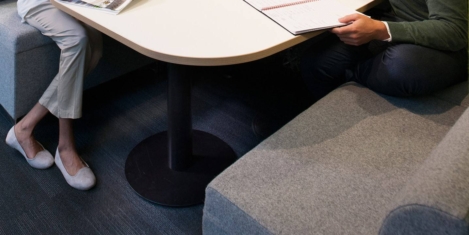August 7, 2019
One in ten firms sued for business rates arrears
 Around one in ten businesses in England were sued by their local authorities over the past year for failing to pay rising business rates, new data suggests. According to real estate consultancy Altus Group, around 750 businesses were sued each working day. The real estate group said the figures highlight the cost pressures on UK businesses, as the occupies of around 190,000 commercial properties came to court over the non-payment of rates during the last financial year. The report claims that the occupiers and owners of offices, shops, pubs and restaurants have called for cuts to business rates. According to Altus Group, the standard rate of tax, which applies to all medium and large premises in England with a rateable value of more than £51,000, rose by 2.4 percent on 1 April 2019. More →
Around one in ten businesses in England were sued by their local authorities over the past year for failing to pay rising business rates, new data suggests. According to real estate consultancy Altus Group, around 750 businesses were sued each working day. The real estate group said the figures highlight the cost pressures on UK businesses, as the occupies of around 190,000 commercial properties came to court over the non-payment of rates during the last financial year. The report claims that the occupiers and owners of offices, shops, pubs and restaurants have called for cuts to business rates. According to Altus Group, the standard rate of tax, which applies to all medium and large premises in England with a rateable value of more than £51,000, rose by 2.4 percent on 1 April 2019. More →






 Construction industry bosses are reorganising their workforce in preparation for a potential downturn, with higher levels of sub-contracting and lower levels of direct employment, claims new research by the
Construction industry bosses are reorganising their workforce in preparation for a potential downturn, with higher levels of sub-contracting and lower levels of direct employment, claims new research by the 






 UK SMEs must create a tech-friendly culture to attract and retain top tech talent, according to a new white paper from
UK SMEs must create a tech-friendly culture to attract and retain top tech talent, according to a new white paper from 

















July 29, 2019
The tipping point for flexible working arrives
by James Geekie • Comment, Flexible working, Workplace design